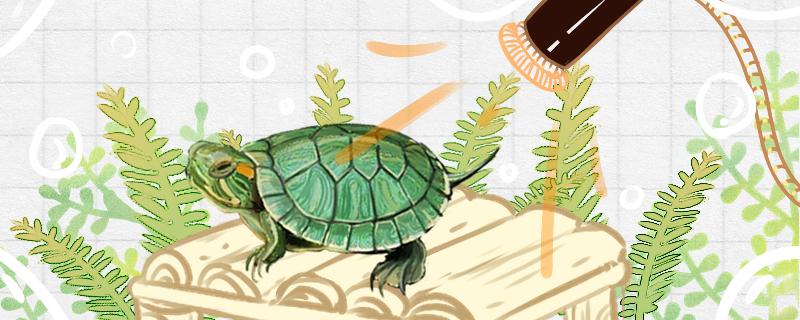 1. Can't Brazilian tortoises be released
1. Can't Brazilian tortoises be released Brazilian tortoises can't be released because they have strong adaptability and low requirements for the environment, and they will reproduce rapidly after being released into the wild. Moreover, their feeding habits are miscellaneous, which will prey on native aquatic plants and animals. In addition, when they are in the wild, they have no natural enemies, and their reproduction speed and quantity are relatively fast. After a long time, they will flood. In addition, their character is fierce, and they will compete with native turtles for resources, resulting in the extinction of native turtles.
Now the Brazilian tortoise has been recognized as an ecological killer in the world, and it has been listed as more than 100 most destructive species by the World Environmental Protection Organization. China has also listed the Brazilian tortoise as one of the dangerous alien invasive species. Therefore, captive Brazilian tortoises cannot be released, otherwise they will cause immeasurable damage to the local environment.
2. Can Brazilian tortoises be eatenBrazilian tortoises are edible, and they have both edible and medicinal values. But now most tortoises are bred as pet turtles, so few people eat them.
In addition, although the Brazilian tortoise is edible, it is not recommended. Because they can carry a kind of Salmonella, which is harmful to human health, it is not recommended to eat them.